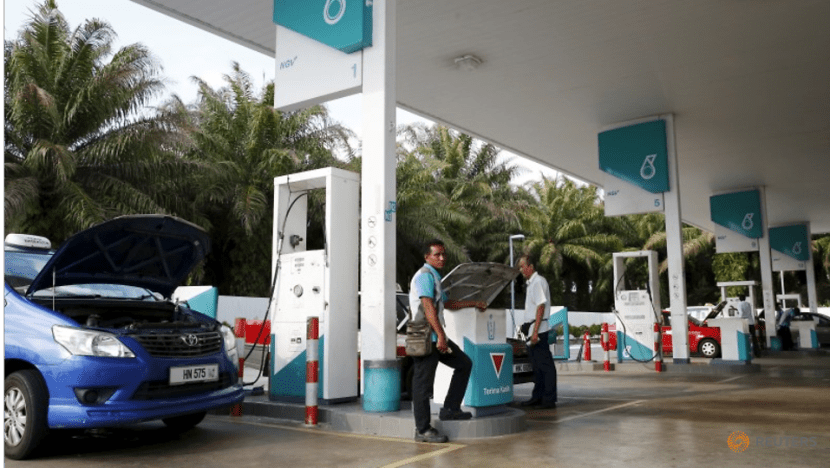Domestic investment, wage growth: Malaysia ramps up efforts to revitalise economy after narrowly missing growth targets
In February this year, the ringgit had dropped to levels not seen since the depths of the Asian financial crisis over a quarter of a century ago.


This audio is generated by an AI tool.
KUALA LUMPUR: The Malaysian government and central bank are ramping up efforts to give the economy a much needed boost, after the country missed growth targets by a whisker last year.
In February, the ringgit had dropped to levels not seen since the depths of the Asian financial crisis more than a quarter of a century ago.
The ringgit hit a 26-year low on Feb 20 this year, falling to 4.7965 against the US dollar – the weakest it has been since the 1998 crisis when it hit 4.885.
The currency has since shown signs of stabilising, and Malaysia’s economy is expected to improve this year.
INVESTING DOMESTICALLY
Since Malaysian Prime Minister Anwar Ibrahim took office in November 2022, the ringgit has depreciated over 6 per cent against the US dollar.
However, that is largely externally driven and does not reflect Malaysia’s economic fundamentals, according to the government.
To help boost the local landscape, the Ministry of Finance has urged government-linked companies to bring back funds from overseas, while encouraging private sector firms to invest domestically.
“We are encouraging government-linked companies and government-linked investment companies to bring back foreign earnings and convert them to ringgit in a more consistent manner,” Malaysian Second Finance Minister Amir Hamzah Azizan said in parliament recently.
“The government will also check on private companies regarding their overseas investments to help ease pressures on the ringgit. They are encouraged to prioritise domestic direct investment and postpone new investment overseas.”
Consumers have also been told to opt for local goods and services, invest in products that are denominated in ringgit, and also travel domestically.
Such efforts can help them save money, and also go a long way in shoring up the ringgit, according to the government.
Some locals told CNA they are supportive of such efforts to help their country, including travelling locally which can be more cost efficient.
However, some note that just because something is made in Malaysia and costs less does not make it an immediate choice for consumers, as there are other factors such as the quality of the product to consider.
Local products are not exactly cheap now either, with prices now higher compared to last year and the year before, said a delivery rider.
POOR WAGE GROWTH
Malaysia is also facing poor wage growth, with levels having largely remained stagnant in the past decade, according to economists.

The government had aimed to increase wages from 32.5 per cent of gross domestic product (GDP) to 40 per cent under the 11th Malaysia Plan – the country’s five-year development plan from 2016 to 2020.
However, that has failed, said Mr Zouhair Rosli, head of research at DM Analytics.
To help cope with the rising cost of living, Mr Anwar has announced that he is preparing to raise the salaries of civil servants, and is also urging the private sector to follow suit.
"You have to make it compulsory, then only the private sector will follow. The private sector will not follow if there is no legislation or a direction from the government,” said Mr Zouhair.
Further inflationary pressures are expected moving forward, driven by a planned subsidy cut later this year and new taxes announced.
Malaysia has blanket subsidies for petrol, cooking oil and rice, and Mr Anwar has sought to shift the country towards a more targeted system helping those from lower income groups.
The country will also implement a tax on high-value goods from May this year.

However, some economists remain positive about the country’s growth prospects.
“We expect regional trade, along with Malaysia's trade, to improve, and that would help to give an uptick to growth. We also expect that the government's rationalisation measures of subsidies in the domestic policy reforms will be done in a gradual manner,” said Ms Julia Goh, senior economist at UOB.
She added that cash aid and a supportive labour market will also help to boost the private consumption growth in Malaysia.
Ms Goh forecasts Malaysia's economy to grow at 4.6 per cent this year, which is within the government's target range of 4 to 5 per cent.
The ringgit is expected to gradually strengthen by the end of this year, driven by potential interest rate cuts in the United States, as well as a recovery in Malaysia's exports and China's economic rebound.
















